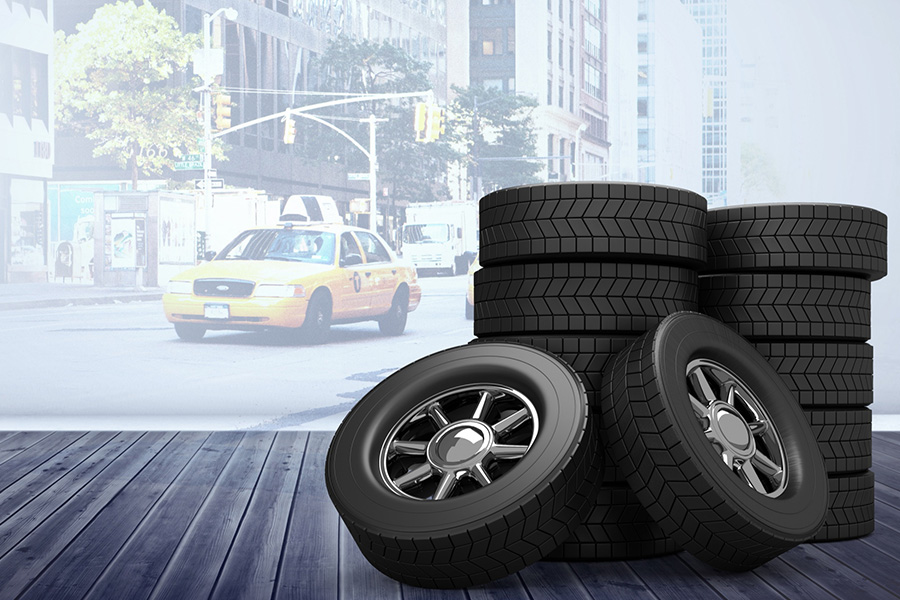
The case study highlights typical risks and challenges faced by the Indian end-of-life tyres recycling industry.
Authors
Anurup Arora, Tinna Rubber and Infrastructure Ltd., Delhi NCR, India.
Saroj Koul, Professor, Jindal Global Business School, O.P. Jindal Global University, Sonipat, Haryana, India.
Uma Kumar, Carleton University, Ottawa, Ontario, Canada.
Summary
Tinna Rubber and Infrastructure Limited (TRIL) is India’s largest integrated material recycler of end-of-life tyres (ELT). It imported 70% scrap to feedstock in its manufacturing plants. The nationwide lockdown declared on 24 March 2020 posed severe initial restrictions on the movement of non-essential cargo. It affected TRIL’s 265 containers lodged at different ports in the country, thus escalating their demurrage/detention charges and storage costs.
This case concerns supply chain problems faced by Shanti Swarup, TRIL Head–Procurement, owing to COVID-19 disruption. The situation was severe enough to wipe out TRIL’s annual cash profit and put its factories at risk of running out of feedstock. Scrap importers, like TRIL, were in a deadlock with shipping lines and freight stations to waive any imposed charges or avail of any monetary relief despite regular guidelines issued by the Indian government.
However, Swarup’s existing and effective ‘supply chain resilience’ strategies had already made TRIL win half the battle by adopting a different approach to the deadlock problem, which relieved the situation. The case study also highlights typical risks and challenges faced by the Indian ELT recycling industry.
Published in: FIIB Business Review
To read the full article, please click here.

